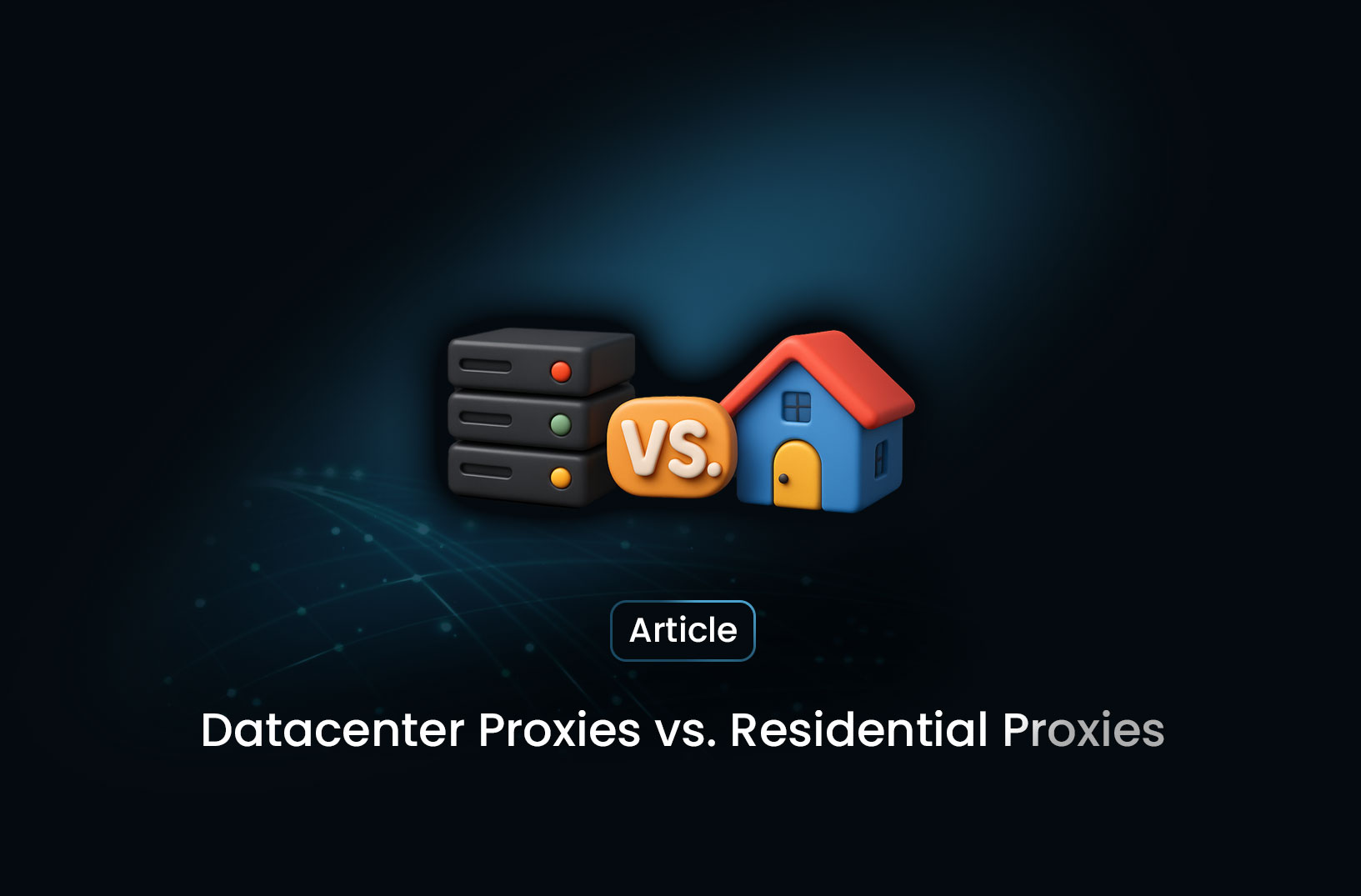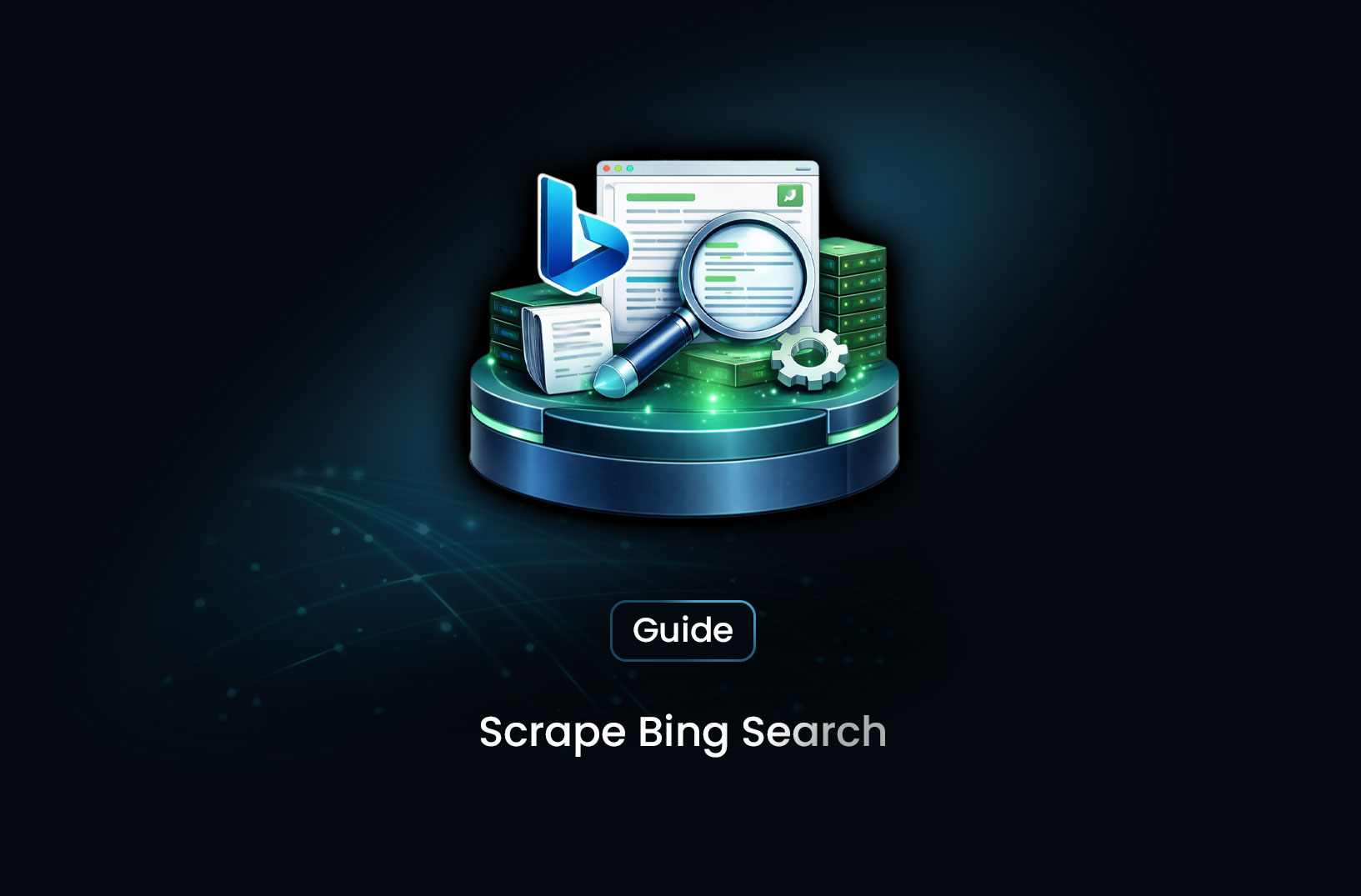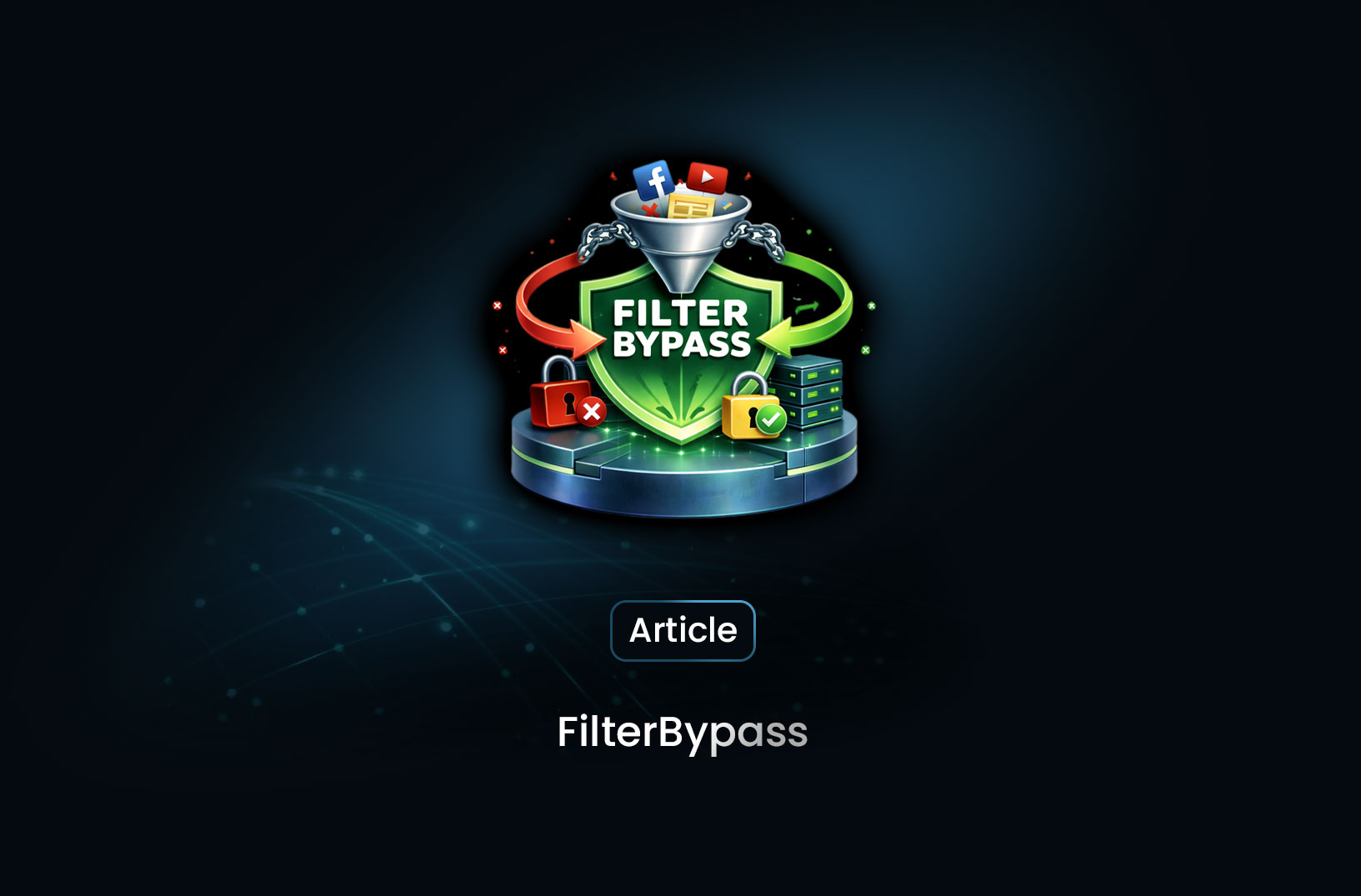
Datacenter Proxies vs. Residential Proxies: Which One Should You Use?
ArticleA residential proxy uses an IP address assigned by a real Internet Service Provider (ISP) to an actual user device—like a laptop or mobile phone. This makes it appear as if your requests are coming from a regular person browsing the internet.
Choosing the right proxy type can significantly impact your ability to collect data reliably, efficiently, and without getting blocked. Two of the most widely used options are datacenter proxies and residential proxies—but they serve very different purposes.
This guide breaks down the differences, use cases, and pros and cons of each so you can make the best decision for your scraping or automation needs.
What Is a Residential Proxy?
A residential proxy uses an IP address assigned by a real Internet Service Provider (ISP) to an actual user device—like a laptop or mobile phone. This makes it appear as if your requests are coming from a regular person browsing the internet.
Since residential IPs are seen as more trustworthy by websites, they are much harder to detect and block, making them ideal for more sensitive scraping tasks.
Key Benefits of Residential Proxies:
- Higher trust level from websites
- Access to geo-restricted content using real device IPs
- Ideal for scraping protected or login-gated platforms
What Is a Datacenter Proxy?
Unlike residential proxies, datacenter proxies are not tied to ISPs or physical devices. They’re created in bulk by data centers and cloud providers, offering fast and scalable IP addresses for automation.
These proxies are efficient and cost-effective, but they are easier for websites to detect, especially if you're sending high volumes of requests.
Key Benefits of Datacenter Proxies:
- Very fast performance
- Scalable for large scraping projects
- Affordable compared to residential IPs
Datacenter Proxies vs. Residential Proxies: The Key Differences
| Feature | Datacenter Proxies | Residential Proxies |
|---|---|---|
| IP Source | Cloud/Data centers | Real devices via ISPs |
| Trust Level | Moderate | High |
| Speed | Faster | Slower (depends on the device) |
| Detection Risk | Higher | Lower |
| Cost | Lower | Higher |
| Use Cases | Public data, bulk scraping | Login-protected pages, stealth scraping |
Which One Should You Choose?
-
Go with Datacenter Proxies if you’re scraping publicly available data in large volumes and need speed at a lower cost. Ideal for tasks like price tracking or product listings.
-
Go with Residential Proxies if you're dealing with sensitive websites that have bot detection, need IPs from specific regions, or want to simulate real-user behavior.
Scrape Smarter with MrScraper
MrScraper gives you access to both residential and datacenter proxies, with features like:
- IP rotation & session control
- Real-user fingerprints
- Global geotargeting
- Undetectable scraping environments
Whether you're scraping e-commerce sites, real estate platforms, or doing market research, MrScraper helps you collect data without disruptions.
Conclusion
Both datacenter and residential proxies have their strengths. Your choice depends on the level of stealth you need, your budget, and the complexity of the site you're targeting.
With MrScraper, you don’t have to compromise. Get the best of both proxy types and build scraping workflows that are fast, reliable, and undetectable.
Try MrScraper proxies today and power up your data extraction.
Find more insights here

Scrape Bing Search: A Practical Technical Guide
Bing scraping blocked? Discover how to bypass rate limits and bot detection to extract URLs, titles,...

FilterBypass: Unblocking Restricted Sites in a Simple Way
FilterBypass is a free web proxy that acts as an intermediary between your browser and the target si...

YouTube.com Unblocked: Accessing YouTube When It’s Restricted
Learn how to access YouTube unblocked on school, work, or regional networks. Explore VPNs, proxies,...
